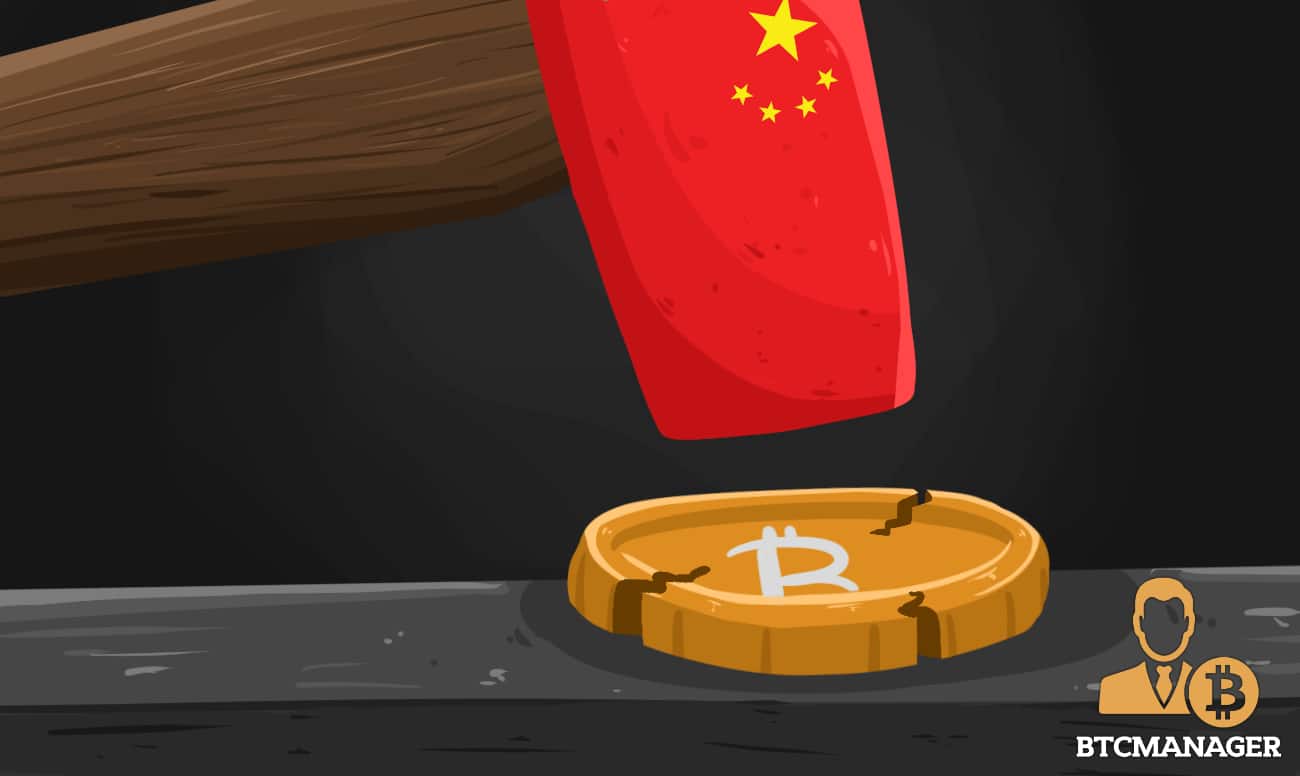New Paper Suggests China Could “Destroy” Bitcoin

East Asian influence has always played a significant role within cryptocurrency, but a new paper published October 8th, 2018, suggests China could not only singlehandedly cripple Bitcoin, but is already influencing the billion-dollar network.
The paper titled “The Looming Threat of China: An Analysis of Chinese Influence on Bitcoin” talks about how China threatens the security, stability, and viability of Bitcoin through its dominant position in the Bitcoin ecosystem.
Chinas Hand in Mining
Ever since ASICs were introduced to the mainstream miner, the Bitcoin network has slowly become more and more centralized as increasingly high barriers of entry prevent individuals from contributing to the system.
It’s gotten to the point that over 70 percent of Bitcoins entire network is secured by six entities, with another 14 percent contributed by another body that is unknown.
While no single entity is capable enough to conduct a 51 percent attack, many of the big players have most of their operations within China. Moreover, while China cannot directly control the Bitcoin mining pools, China has shown in the past through restrictive regulations they will do whatever they please.
Mining is not only important due to its importance in releasing new coins into the market as well as securing transactions, but it’s also the way users vote to approve or reject changes to the Bitcoin protocol.
While China cannot control each pool miner, they can influence the managers that oversee operations within China. Potentially, Chinese officials could pressure managers to vote certain ways, altering Bitcoins trajectory for everyone.
Indirect Influences
The Eastern Asian country has also been affecting Bitcoin mining through indirect matters, like through the manipulation of energy prices as well as through internet interference.
The Great Cannon and Great Firewall, tools Chinese regulation uses to process all internet traffic, adds latency to any blocks that Chinese miners may try to propagate.
The paper concludes the bandwidth bottlenecks imposed has incentivized Chinese miners to mine empty blocks well above the average, above 7 percent compared to the typical 2 percent.
Empty blocks are back for the network as they’re a waste of resources, miners would still get the block reward for completing a block, but no transactions would be verified.
However, they are faster to propagate, as they are of a smaller size, hence the incentive for Chinese miners to continue mining them to compensate for the delay caused by the GFW.
This situation was fixed with BIP152, which allowed blocks to be propagated using only 15KB of data, and negative block mining rates have fallen back in line with the rest of the world.
Despite being resolved, the paper cites this an excellent example of how meddling China can be with all Bitcoin operations within their border.
While it’s uncertain if China has any evil intentions of squashing Bitcoin to merely make a political statement, exert influence on a foreign country through manipulating Bitcoin, or even just for law enforcement (possible goals that the paper discuss), the relationship between these two will be under more scrutiny than ever before.














